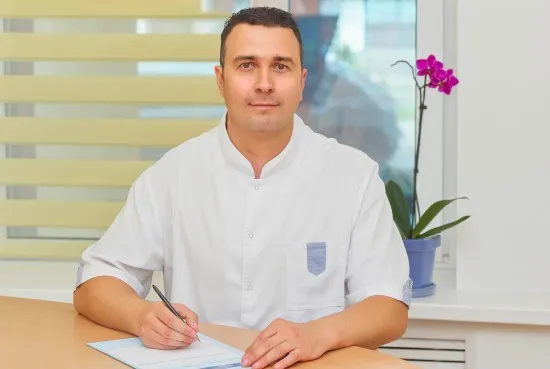Kidney stone disease treatment is always selected individually. Stone size and composition, its location, the condition of the urinary tract, and the presence of inflammation directly affect the choice of strategy.
At New Life Clinic, the decision is made after comprehensive diagnostics. The doctor assesses risks, explains possible treatment options, and selects the optimal path – from conservative therapy to minimally invasive intervention. This approach allows not only stone removal, but also preservation of kidney function and reduction of recurrence risk.













































